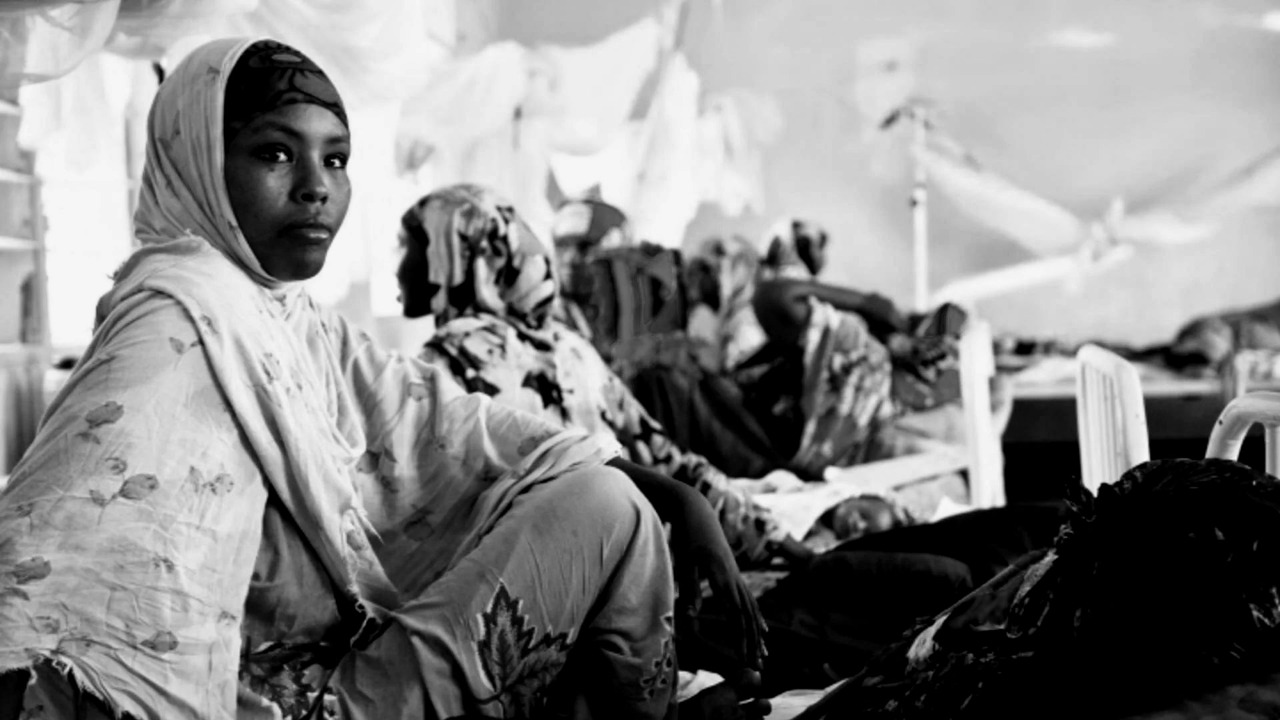CryptoSavannah, a Ugandan crypto and blockchain firm, has announced a project in partnership with Coinbase and Mercy Corps to deliver blockchain-powered solutions that advance economic empowerment and financial inclusion to refugees and host communities in Uganda.
The project seeks is to address the critical challenges faced by refugees and asylum seekers such as the inability to access appropriate and affordable financial services due to slow and inefficient identity systems that act as barriers to accessing mobile services in their host country.
______________________________________________________________________
The Problem
According to UNHCR, Uganda hosts the largest refugee populations in Africa, and the 3rd-largest in the world, at more than 1.5 million, and the number has been on an upward trajectory since 2018.

The refugees come from various parts of Eastern Africa, (different jurisdictions) that are ravaged by conflict, with these countries leading in terms of number of refugees resident in Uganda:
| South Sudan | 61.3% | 939,138 |
| Dem. Rep. of the Congo | 28.3% | 433,747 |
| Somalia | 3.8% | 58,085 |
| Burundi | 2.7% | 41,766 |
| Rwanda | 1.7% | 25,638 |
| Eritrea | 1.6% | 23,905 |
| Ethiopia | 0.3% | 4,664 |
| Sudan | 0.2% | 3,809 |
| Others |
One of the biggest challenges however is that these refugees are required to present approved identity documents before a SIM card or mobile money service can be activated by a Mobile Network Operator (MNO) in Uganda.
The delay in identity verification between MNOs and humanitarian organizations also translates into delays in receipt of aid disbursements, registration for education, employment, medical, and financial services for the refugees.
“Our solution aims to digitize the already existing refugee identities through our blockchain platform which will act as an attestation layer to the databases of the Refugee identity issuers.”
– CryptoSavannah
The project will try the solution using 2 pilot programs with 35,000 people targeted:
The first pilot is a Digital ID platform that is powered by blockchain that will be built to verify identity and facilitate digital transactions. Some of the services that a verifiable source of identification can be used to access include:
- Aid disbursements
- Governmental services
- Formal financial services
- Integration into the society at large
Refugees will also be getting a digital proof-of-identity where credentials can be recorded, such as education, certifications, etc.
This pilot would serve as the foundational infrastructure for refugees to prove their identity, facilitating their digital, financial, and economic inclusion.
The second pilot will leverage on the first, so that each participant will establish a digital wallet that can be used to receive, store, and spend funds.
Crypto-based transfers will be distributed to mobile wallets and all transactions will be recorded on an immutable blockchain which will increase transparency and security.
Some of the expected benefits to participants from the second pilot include:
- Reduced potential for diversion, corruption, and fraud
- Increased personal safety for employees and recipients
- Greater transparency on funding flows for donors and aid organizations
This pilot could revolutionize cash transfer programs for aid organizations globally, shifting from traditional payment modalities to crypto.








